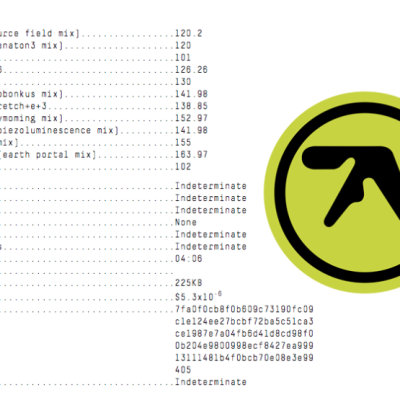David Fincher's latest film revisits the shadowy nightmares of his most acclaimed films, Se7en and Fight Club. Unfortunately, it is far from being on par with those classics, though it does have its own charms.
The film is further proof of the director's serious talent for crafting gripping narratives, as well as his keen eye for atmosphere. The film is a feast, full of exciting hands-over-mouth plot twists, grisly revelations and crackling, often funny dialogue, but overall it feel like a lot of empty calories.
Nick Dunne (Ben Affleck) returns to his home one morning, after a trip to the beach and after paying a visit to his twin sister Margo (Carrie Coon) at the bar they co-own, only to find his house in disarray and his wife, Amy (Rosamund Pike), missing. To tell much more of the plot would give away its wicked secrets, but suffice to say the solution was never going to be as simple as murder or kidnapping. A sense of lurking secrets is constantly dangled before the audience - a faint whiff of things not quite being as they seem.
The touch of Fincher and regular cinematographer Jeff Cronenweth is so clear from the film's first moments that it is easy to forget that it is based on a novel. The film is bathed in darkness nearly constantly; often characters are silhouettes or half silhouettes. The effect of this is not to create something stylised, but to create a sense of malice out of a visual palette that actually comes across as very realistic. Because of this, the film's sense of danger, at least in the first half, creates serious nail-biting tension.
The same can be said of the screenplay, which was adapted by the novel's author, Gillian Flynn. Narrative twists are delivered almost constantly: there truly is never a dull moment in the entire running time (which is nearly two-and-a-half hours). From the halfway point onwards, though, when the tightly woven plot begins to unravel, a nagging sense creeps in that something is missing. There is a sense of gravity missing from the proceedings, and this is arguably something that stems from the character of Amy Elliott-Dunne, the girl of the film's title.
Amy narrates the film, through entries from her diary, and it is admirable the way in which her actions in flashback are almost too manicured, and perhaps a little dreamlike, to further the sense of things being amiss. It is one of the clearest examples in recent memory of a film utilising an unreliable narrator, traditionally a literary device. The problem is, though, that Rosamund Pike, as talented as she is, is frighteningly miscast as Amy, and the character itself is written in such a two-dimensional way that it cannot properly function as an unreliable narrator.
That is the main flaw of the film, and given its convoluted plot centred entirely around that one character, it is a fairly large flaw. The story does feature a refreshing amount of moral complexity. Even our "hero" Nick is not exempt from judgement. No one in the story is really innocent, from the main character, to the TV personalities who turn the missing person case into a media circus. It is truly a shame that the moral complexity does not extend to Amy, who remains a one-note enigma.
Aside from Pike, the rest of the cast does a fine job. Ben Affleck in particular is excellent at portraying Nick in such a way that we can easily read his motivations and emotions, while still allowing an outside perspective and easily understanding the way he is perceived by other characters in the film. This duality is a very compelling facet to the film, and certainly carries much of the film's commentary on the way the media vilifies and deifies at will, regardless of the facts. When the film engages directly with the two media personalities - of the two, Missi Pyle's pitch perfect portrayal of Ellen Abbott is particularly stunning - that haunt Amy's story, it hits some of its highest notes.
Possibly the best part of the film is the score provided by frequent Fincher collaborators, Trent Reznor and Atticus Ross, who received an Oscar for their work on The Social Network. The score that the duo provided is subtle, beautiful and original, full of gauzy synth tones, ominous drones and what sounds like free jazz played with nothing but amplifier feedback. The score provides the perfect backing for the film, enhancing the constantly lurking sense of dread, as well as the dream-like quality of some of the flashbacks ten-fold. Another Oscar win is not out of the question.
Gone Girl is immensely likable for the most part, but it just leaves a gnawing craving that things weren't resolved properly, that the audience hasn't been allowed to be privy to the heart of the narrative. It has atmosphere and energy in spades - it is nothing if not a confidently and intelligently made film - but it is quite hard to negotiate the emptiness left by its rather glaring flaws. It's worth seeing just to enjoy the clever, ever-so-slightly absurd plot, but it's nowhere near the power that we know Fincher is capable of delivering.
